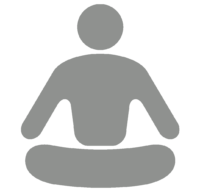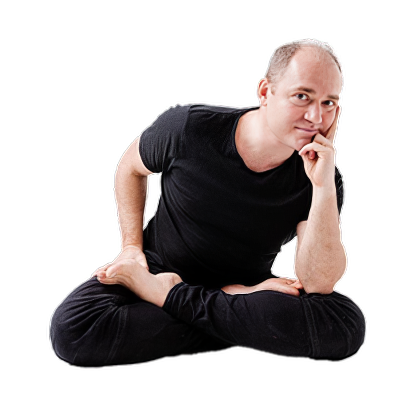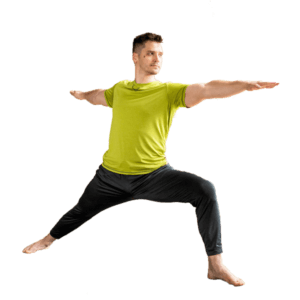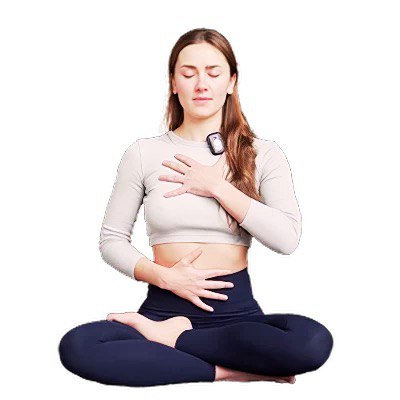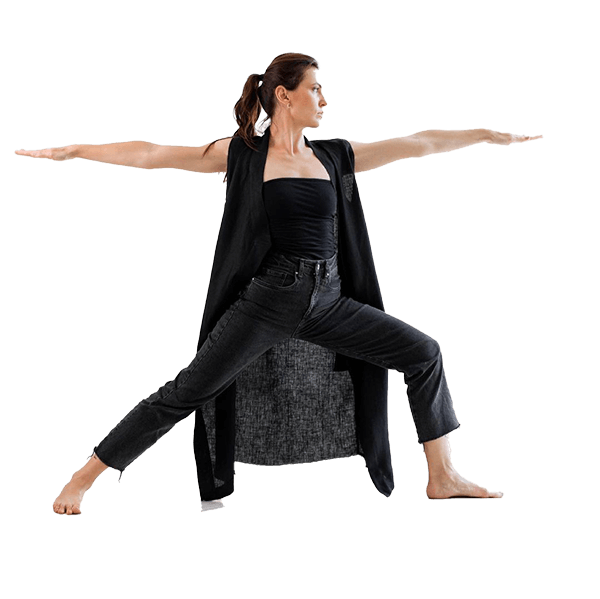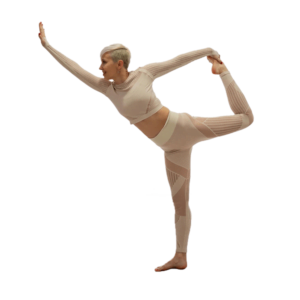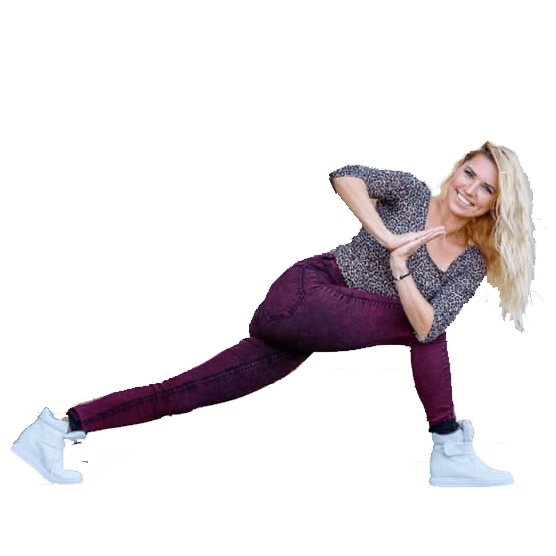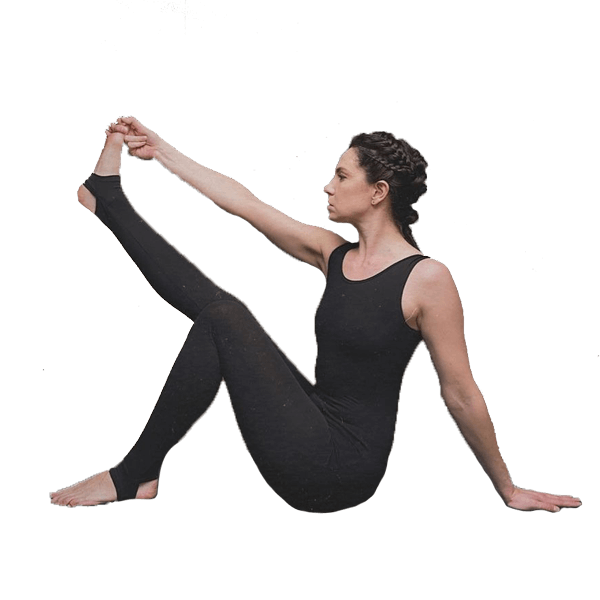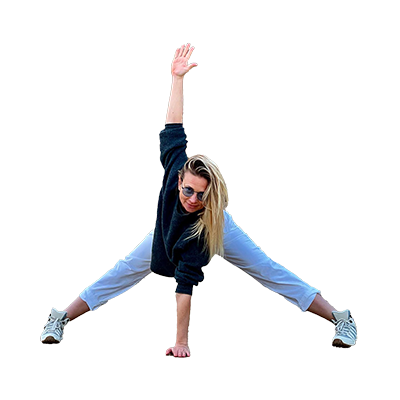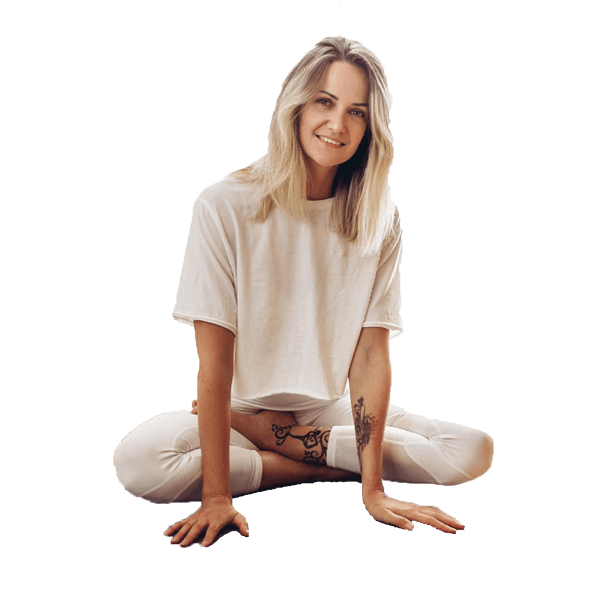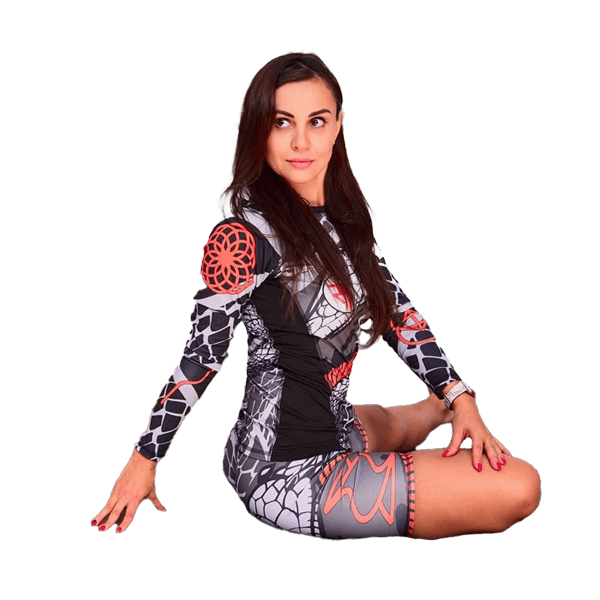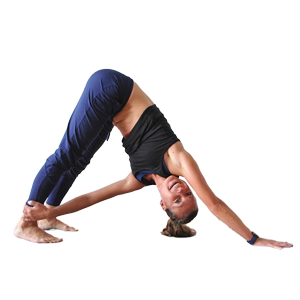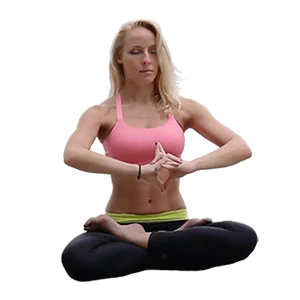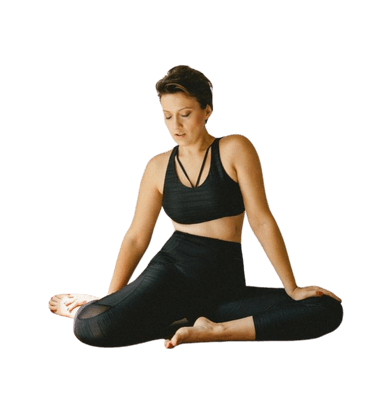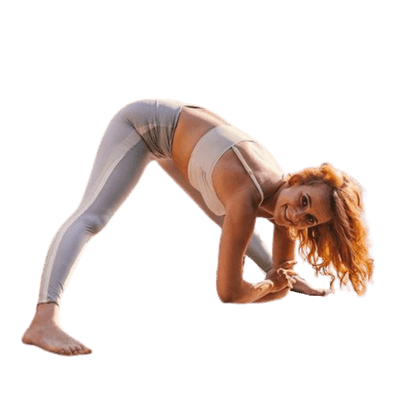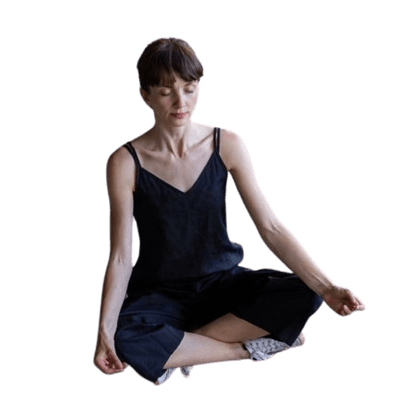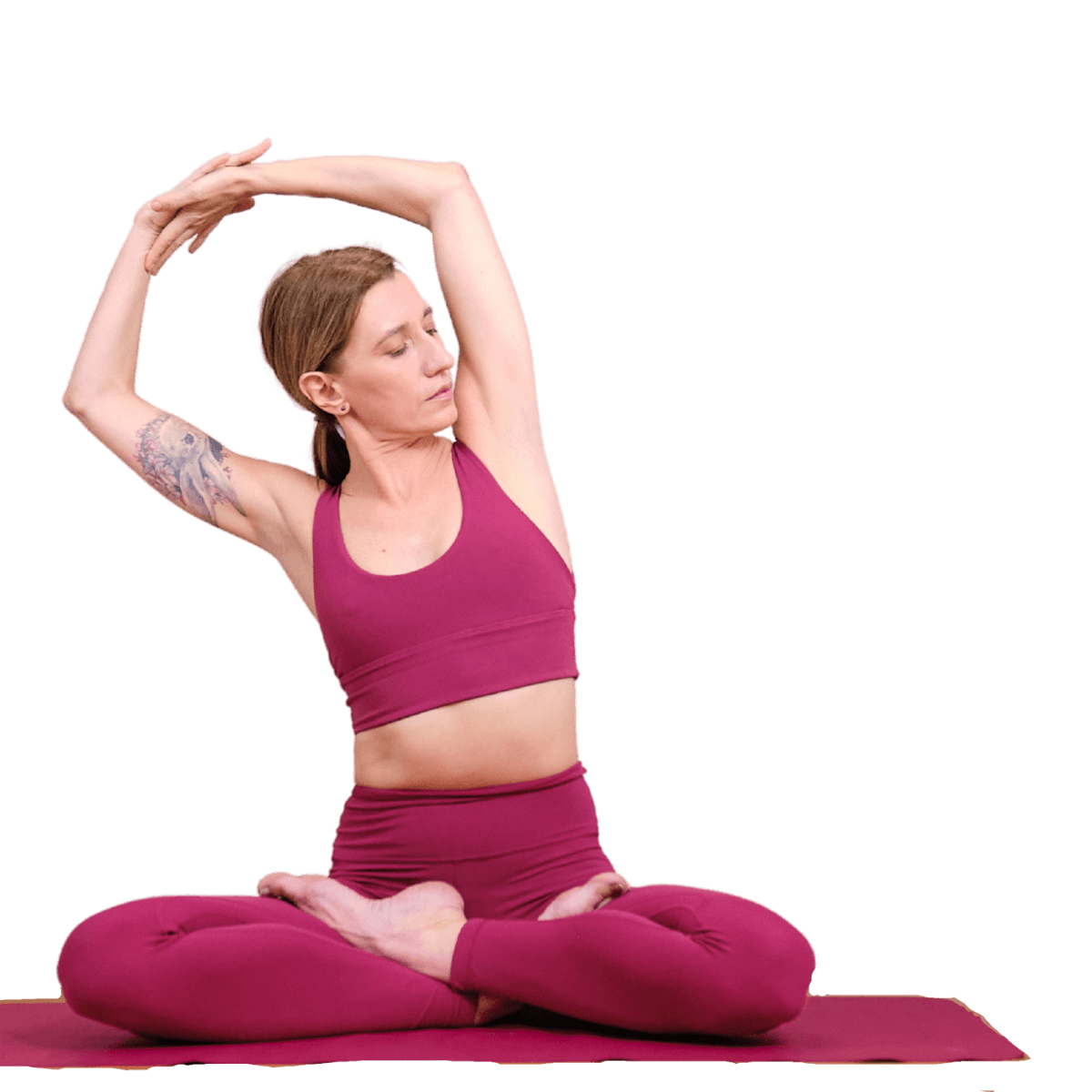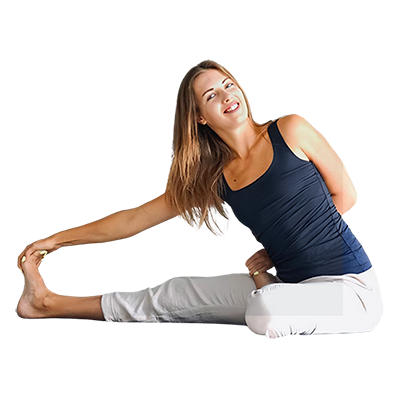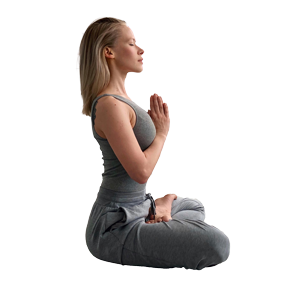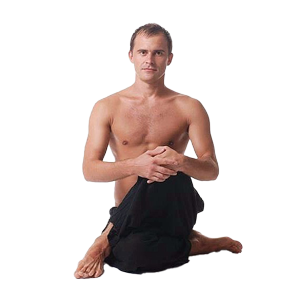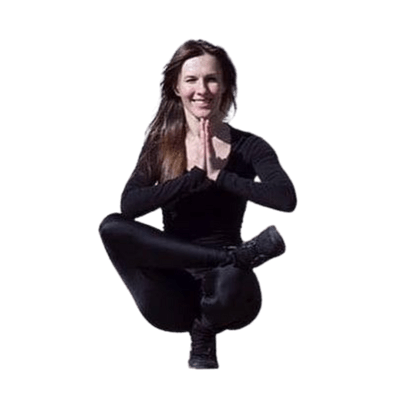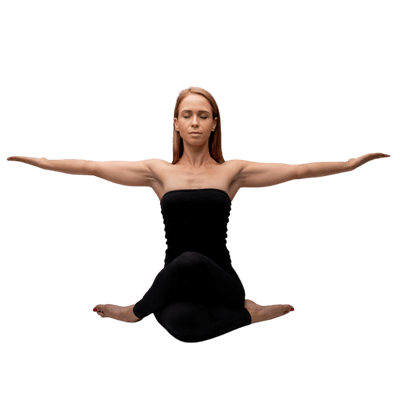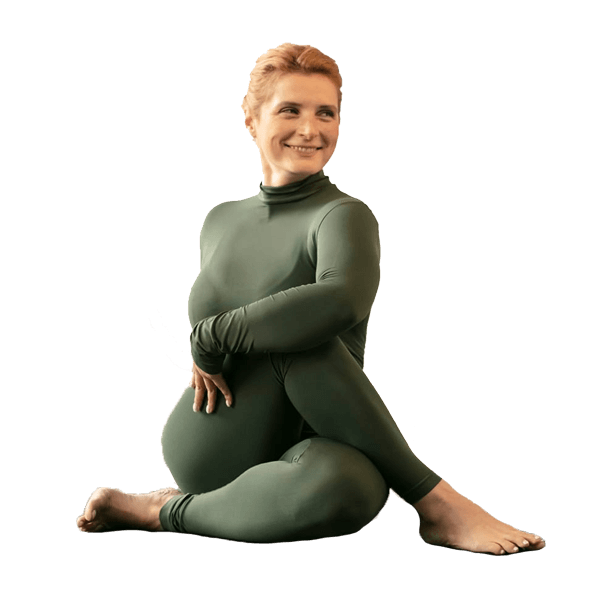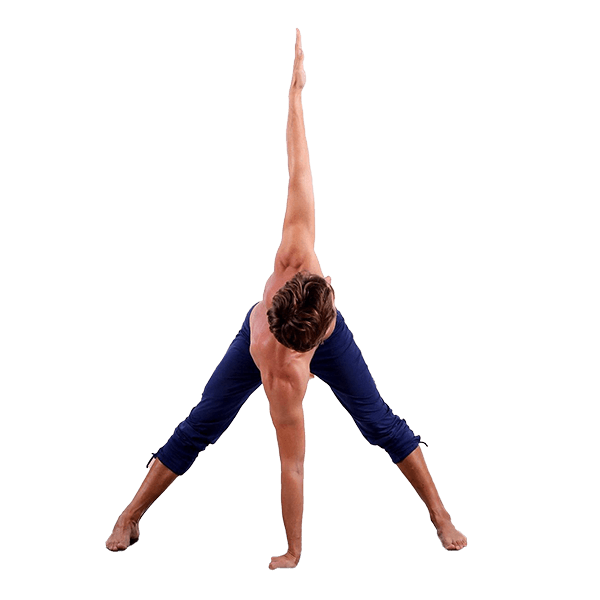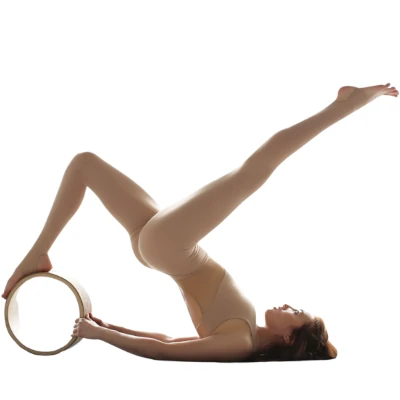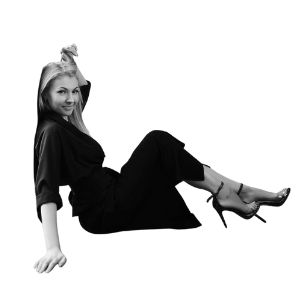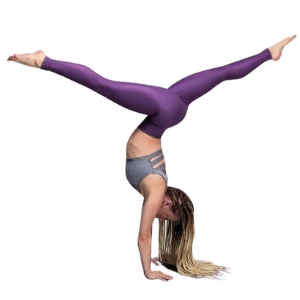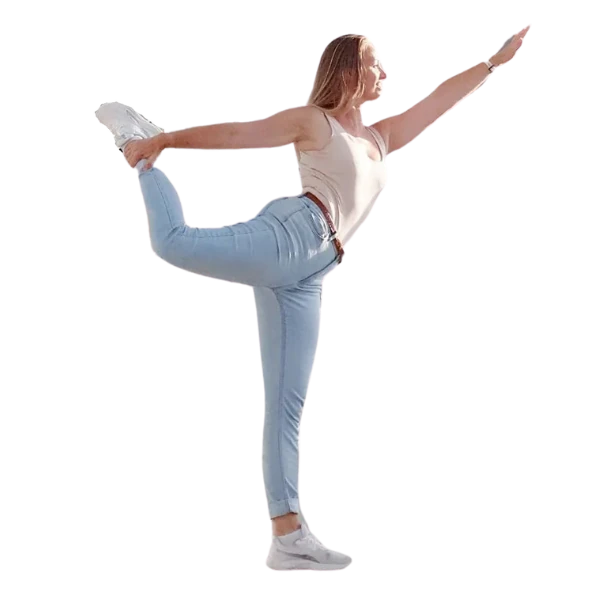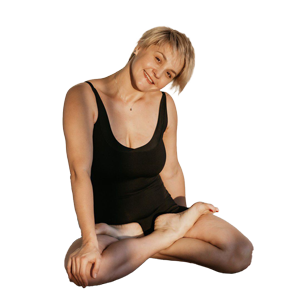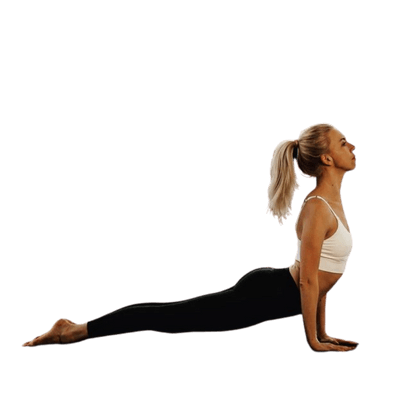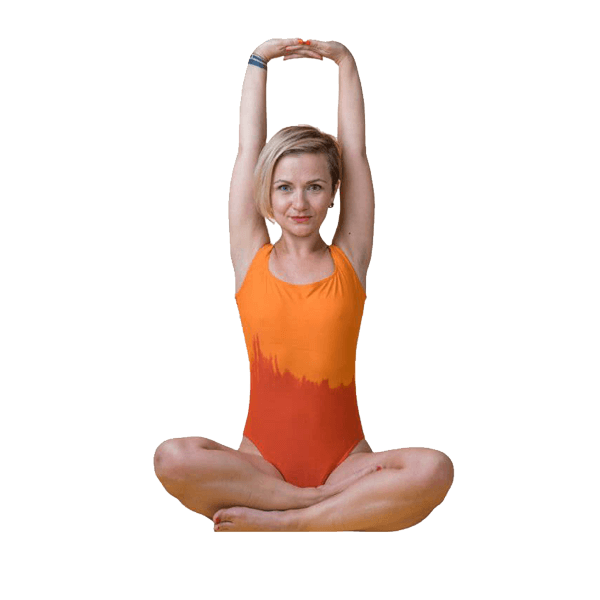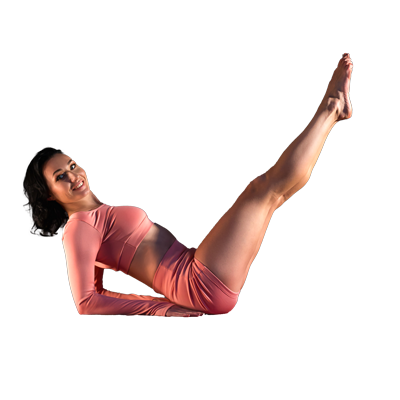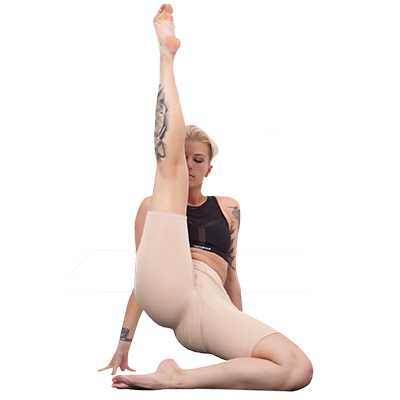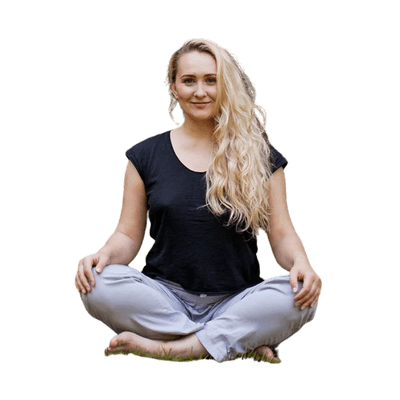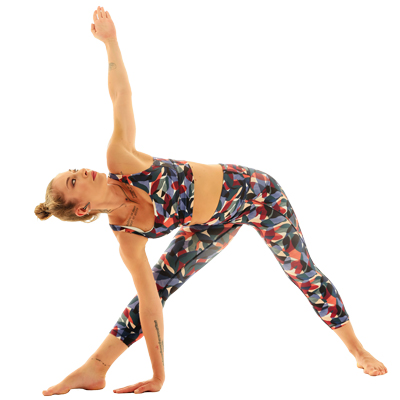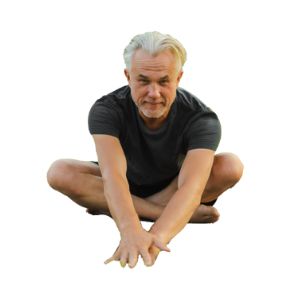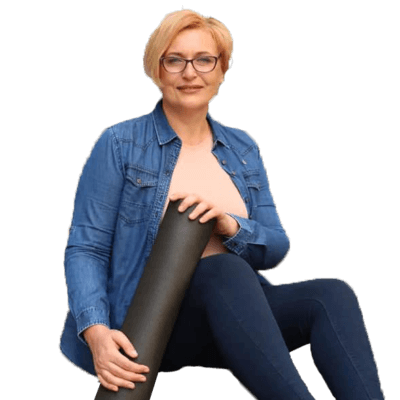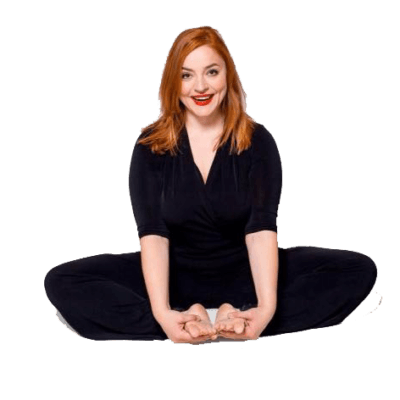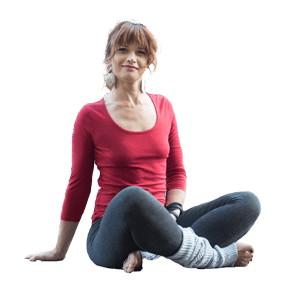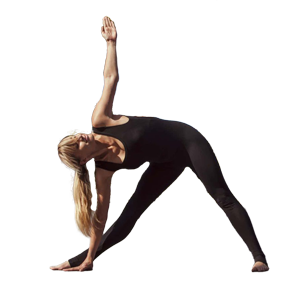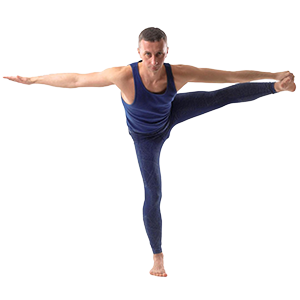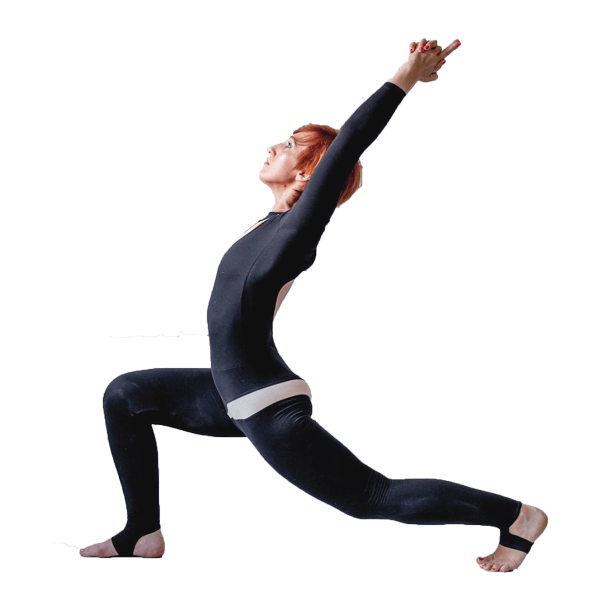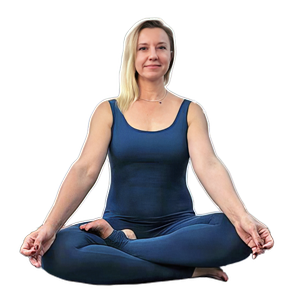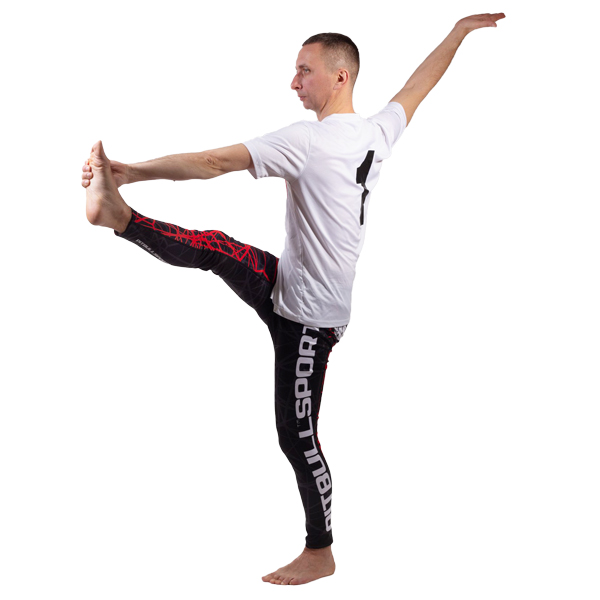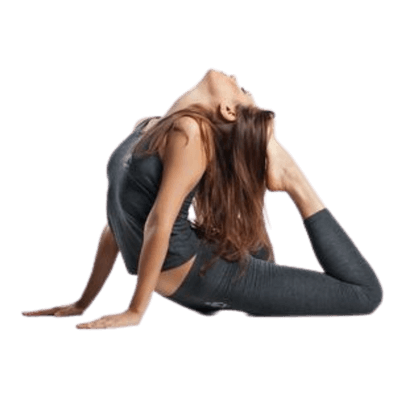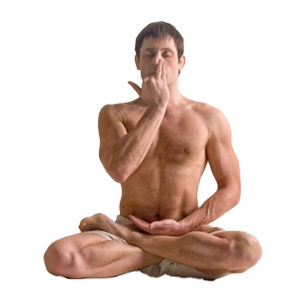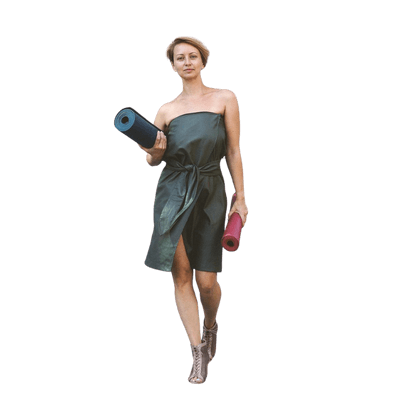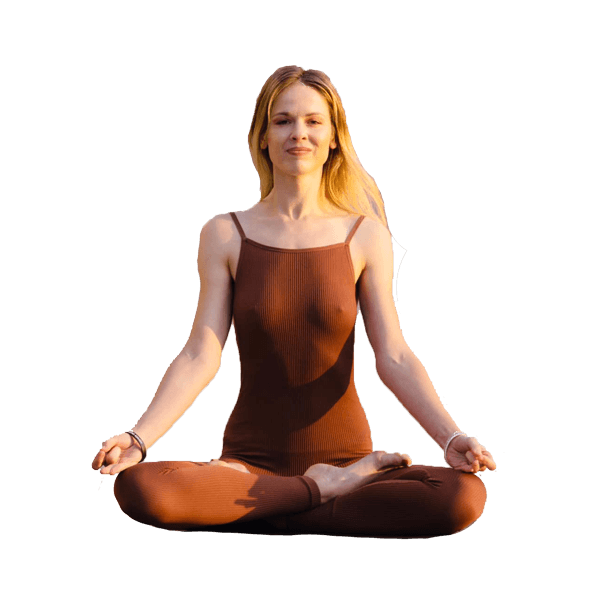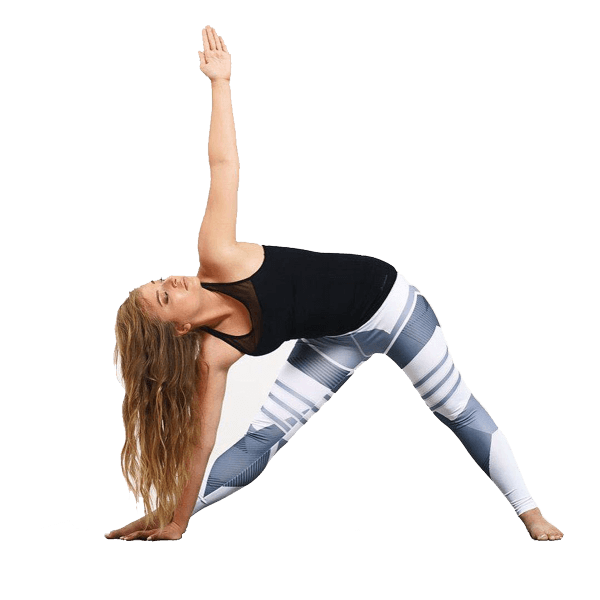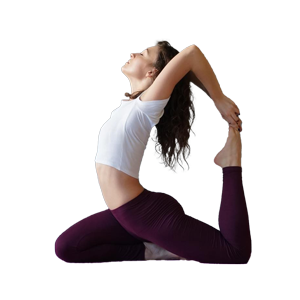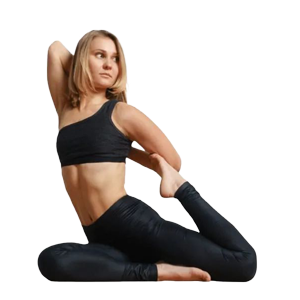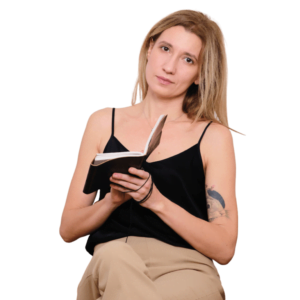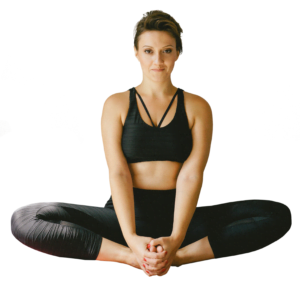School
Ukrainian Federation of Yoga is a yoga school. A person, their feelings, emotions, consciousness, thoughts, behaviour and body is an object of applying knowledge and practice of yoga.
We believe there is no single traditional Yoga. Similar to science, knowledge about yoga is formed by everyone who studies it – no matter their age, country or school. Similar to art, yoga can’t be understood just in theory. We think that knowledge is inseparable from practice. That is why we study the methods and techniques of yoga relevant to the current time and people practicing it.
Teachers and students in our school use the same methodology. Ideas and knowledge of yoga are at its core. More details about our method below.

Methodology
The yoga practice begins with these topics:
• Hatha Yoga — classic asanas and modern series, pranayama.
• Human anatomy – moving patterns and breathing.
• Development of individual practice series.
• Chakra discourse — language for describing feelings, emotions and motivations.
• Chakra psychodiagnosis – method for identifying people’s emotions and feelings by their behavior and gestures.
• Chakra training — Muladhara (body training), Svadhishthana (dance classes, sexual education), Manipura (combat training, team-based practices), Anahata (relationship, working through negative emotions), Vishuddha (creative), Ajna (intellectual).
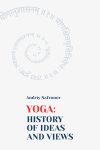
• Meditations and psychopractices — exercises aimed at improving awareness and controlling thought processes.
• History and philosophy of yoga – intersections of yoga with psychology.
Our instructors sometimes refer to the methods we practice as: Yoga, Big Yoga, Classical Yoga, Philosophy Of Yoga.
More information about our methodology can be found in books by Andriy Safronov. Such as: “Yoga: History of Ideas and Views” and “Yoga: Physiology, Psychosomatics, Bioenergetics”.
Instructors
Several teams of instructors developed their own style of teaching:
Yogis without borders
Dmitry Danilov’s team – Yogis Without Borders
Kyiv
Kyiv
Zurich
Tbilisi
Dortmund, Cologne
Valencia
Barcelona
Poschiavo
Bat Yam
Innsbruck
We Love Yoga
Yulia Yaroshenko’s team – We Love Yoga
Zurich
Kyiv
Zurich
La Rochelle
Lisbon, online
Leipzig
Berlin
Warsaw
O-Yoga
Vlad Ocheredko’s team – «O-yoga»
Kyiv, Kharkiv
Kyiv
Warsaw, Krakiv
Yoga Identity
Iryna Sikorska’s team – Yoga Identity
Geneva
Kyiv
Online
Nantes
We in Yoga
Viktoria Evsyukova’s team – «We in Yoga»
Kharkiv, Lviv
Kharkiv, Lviv
Paris
Ukrainian Yogis
Nata Mogolivets’ team – «Ukrainian Yogis»
Lviv, Odesa, Södertälje, Online
Berlin
Lviv
Lviv
Faculties of study at the School

Vriddhi-yoga
In our school, the teaching program differs for people under and over 35 year old . This distinction exists because of age-related physiological features and different focuses in different stages of life. This is our guideline, but there are exceptions and students can choose the group which would suit them best during an individual interview with the instructor.
Kyiv
Kyiv
Berlin
Bucharest
Lviv
Hamburg
Kyiv
Kharkiv
Dortmund
Yoga Therapy
Yogatherapy – lectures and courses in Yoga Therapy help create an individual series taking into account the needs of the practitioner. Yoga Therapy instructors create therapeutic sequences helping with different health conditions.
Olena Akhremeyeva
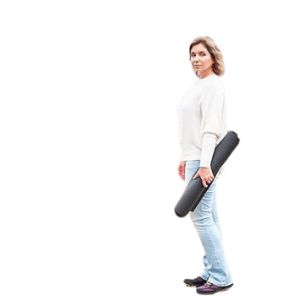
Natalia Kravets
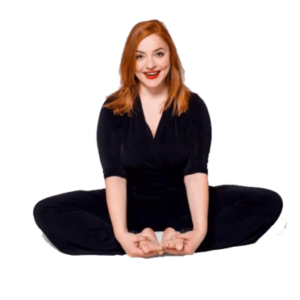
Olga Golovnya
Prasu-yoga
Pregnancy Yoga – Known as Prasu yoga. The school has lectures and practical trainings about maternity and childbirth.
Kharkiv, Lviv
Lviv, Kharkiv
Paris
Bat Yam
Kaya-yoga
Kaya-yoga — school about understanding your body. It is based on hatha-yoga and modern physical approaches. Its purpose is the physical and aesthetic development of the body.
Geneva
Nantes
Online
Sandhaana Yoga
Sandhaana-yoga – we developed this style of hatha-yoga. It is aimed at enabling anahata and manipura chakras projected on the physical body.
Kyiv, Kharkiv
Kyiv
Paris
Paris
Paris
Berlin
Winchester
Bat Yam
Sanskrit in Ukraine
Sanskrit — teaching Sanskrit using our own methodology, including translation of the primary sources of yoga.
More information about most of the areas can be found in the Library of Yoga.
Tanya Prykhodko
Olya Nelina
Olya Cherepakha
Definition of Yoga
According to our understanding of yoga, the word ‘yoga’ is used in three ways: as a system for personal development, as a practice – the feeling of collectedness which occurs through meditation, and as a philosophical system of knowledge. Our teaching methodology is based on this definition.
School locations
Our instructors teach in Ukraine, Austria, United Kingdom, Germany, Georgia, Israel, Spain, Canada, Netherlands, Poland, France, Switzerland, Romania.
History of the School
The methodology of our school began forming in 1993 during seminars of Andriy Safronov. Andriy – President of Ukrainian Federation Of Yoga.
From 1999 his students started teaching yoga in different cities, creating their own studios and teams.
